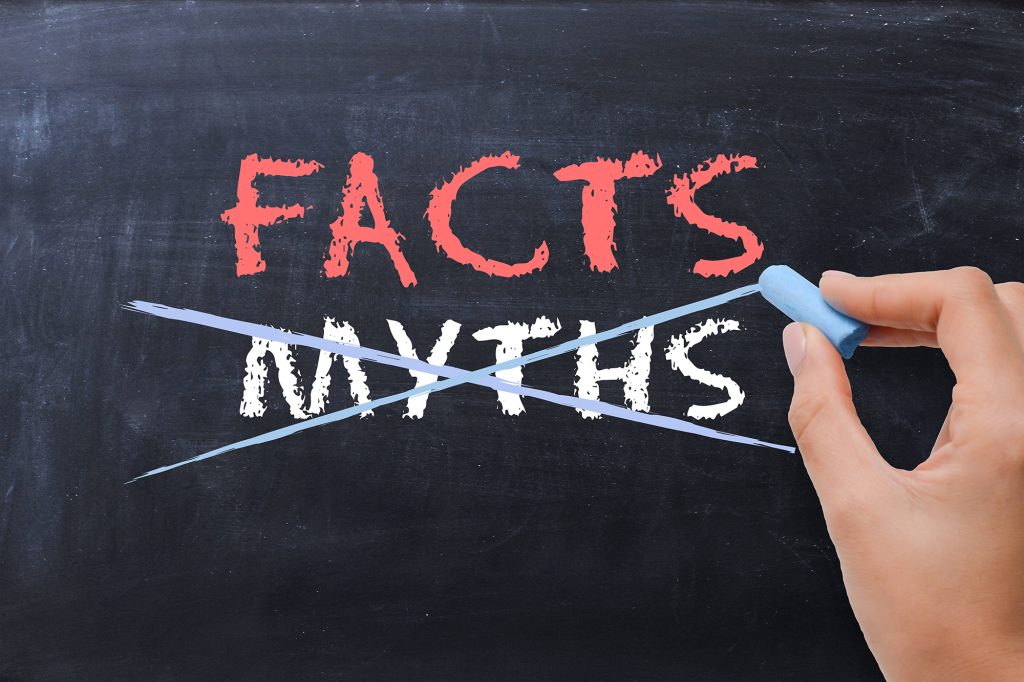Table of Contents
There’s a lot of misinformation about vasectomies and sex post-vasectomy. In fact, most people don’t understand what’s involved in the procedure or the impact it can have on your body and sex life. So let’s look at what a vasectomy is NOT!
A vasectomy is not castration
For many Australians living in Newcastle and Central Coast, the closest they’ve come to vasectomy is when they get their dog neutered. Unsurprisingly, the sterilisation of animals is a completely different process from the sterilisation of humans. When vets spay or neuter our pets, which is also available in Newcastle and Central Coast, they are not performing a vasectomy; they are usually performing a castration, which is the complete removal of the testicles. This not only ensures the animal can’t reproduce, but it also stops them from producing testosterone.
A vasectomy does not involve removing testicles, or any other body parts for that matter. As you’ll see from our procedure page a vasectomy only involves the vas deferens, which is the tube that carries sperm from your testes to your prostate gland. We don’t remove it, or even impact your ability to produce sperm; all we do is prevent your sperm from mixing with your semen.
A vasectomy does not affect your ability to produce testosterone
A vasectomy will not affect your sex life
Well, actually that’s a little bit of a lie. Recent studies say that vasectomies might actually improve your sex life!
According to the most current research from Stanford University, people who have vasectomies have more sex than their fertile counterparts.
And if you want the really good news then look no further than Frankfurt University, which found that men who had received a vasectomy reported having higher sex drives, better erections and better orgasms (not to mention their female partners reported higher sexual arousal towards them).
The actual procedure, offered by the MSI Australia clinic, involves preventing sperm from getting into your semen. This means that your erection, ejaculation, and orgasm will all remain unchanged. After the procedure, you’ll need to refrain from having unprotected sex until you’ve had your sperm count checked just to ensure that the procedure was successful. However, once you’ve received confirmation, your sex life should return to normal (or better).






















